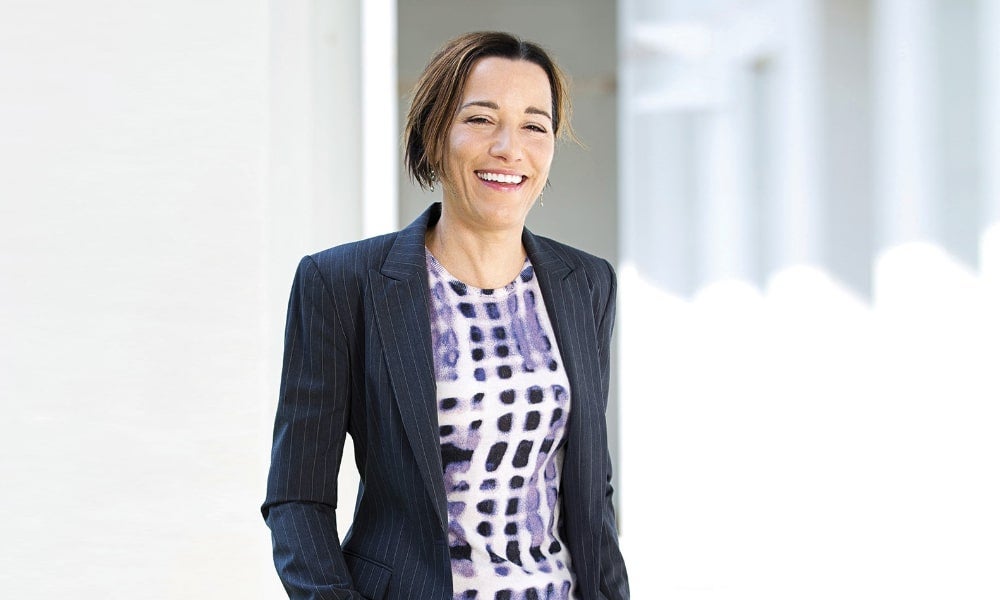Understanding auditor behaviour: factors influencing decision-making
The audit and assurance industry can glean critical insights from evidence-based research to tackle critical thinking and decision-making challenges
In an age of increasing demands for credible corporate disclosures beyond financial information to broader sustainability issues, rapid technological change, and growing complexity in the business world, the importance of auditing and assurance has never been greater.
At the same time, auditors and other assurance practitioners face ongoing challenges in supporting the credibility and confidence of these increasingly comprehensive corporate disclosures. Business activities underlying financial disclosures are increasingly becoming more complex and future-oriented. In addition, the growth in sustainability information reported by companies puts pressure on assurance practitioners to keep pace with such a dynamic and rapidly evolving environment. The Australian government is considering views on the mandatory reporting and assurance of climate-related risks and opportunities.
The Australian Accounting Standards Board is developing standards to govern the disclosure of climate-related financial information, and the Australian Auditing and Assurance Standards Board is currently developing measures to govern the work of assurance practitioners.
Read more: Why the modern economy couldn’t exist without accounting
Professional associations, international and domestic audit and assurance providers, as well as practitioners themselves, are investing considerable resources to fulfil the expectations that society has of them. These are initiatives that UNSW Sydney is supporting with the development and presentation of high-quality research to help practitioners and the profession meet the challenges they face.
A visiting scholar, Kathryn Kadous, Schaefer Chaired Professor of Accounting at Emory University's Goizueta Business School, recently delivered a presentation at UNSW Business School on valuable insights into auditor behaviour gained from judgement and decision-making research, which focuses on three goals: describing critical judgements made in practice, applying theory to explain and understand these judgements, and predicting how judgements will be made. Additionally, it involves developing interventions to improve professional’s decisions. From this research, audit practitioners can take away essential insights.

The underrated role of critical thinking and social influence
Professor Kadous's presentation highlighted two key insights that can help the industry address some of these challenges. The first important finding of judgement and decision-making research is that auditors tend to only engage in critical thinking if prompted. “The bad news is auditors, like other people, don't tend to use critical thinking unless it's prompted. Instead, auditors will approach a task very straightforwardly, sensible,” she said.
Environmental factors, like information overload, time pressure, budget pressure, task switching, and fatigue, can all hinder critical thinking. Unsurprisingly, a lack of critical thinking can lead to deficiencies in professional scepticism, which has potentially dire consequences for businesses and society. “Different modes of thinking are required for different tasks. Simple, linear tasks can be approached efficiently with straightforward verification, while complex tasks require integrating information from multiple sources and thinking critically,” she said.
The second finding highlights how “socially minded” auditors are and how it influences their decisions. “Auditors, like other people, are influenced by the behaviours and social dynamics of their colleagues and superiors. Their relationships with colleagues and superiors can affect their behaviour, including their willingness to speak up about issues and their reliance on social cues,” explained Professor Kadous.
“In the first 20 to 30 years of audit research, we were focused on the auditor as a cold, calculating decision-making machine. A surprising finding is that the extent to which the behaviours of others have been shown to affect auditors. It makes perfect sense, but it's so outside of how we typically look at the auditor as a decision-maker."
Read more: Six tips for accounting professionals to excel in a world with ChatGPT
Evidence-based solutions for improving practice
Audit and assurance researchers continue to search for ways to help practitioners meet the challenges they face. For example, research shows that critical thinking can be enhanced by providing auditors with a clear understanding of the overall goal of their task, reminding them of their intrinsic motivation, adjusting their mindset, and breaking the habit of “simple” processing.
“The good news is improving judgement can restore the match between task demands and processing mode,” said Professor Kadous. For example, when auditors face a complex financial statement analysis task, clearly understanding the overall objective (the big picture goal) can help them focus on the relevant information and implications. Reminding auditors of their intrinsic motivation for their profession, such as their commitment to ensuring financial integrity, can also stimulate deeper engagement with the task.
Other ways of improving critical thinking can include weighing different factors and considering multiple perspectives when evaluating financial data or breaking the habit of exclusively employing a simplistic verification approach, leading to more comprehensive and critical thinking during the audit process.

How AI and automation can help enhance practice
During her presentation, Professor Kadous also discussed how automation can help address some of the audit profession’s challenges. For example, she said artificial intelligence (AI) can assist auditors by automating routine tasks, answering queries, identifying trends, patterns, and anomalies in data, and reducing bias related to conflicts of interest and relationships.
She also said that AI will likely change (not necessarily replace) the auditor's role; AI can enhance critical thinking processes engagement with data and overall impact human judgement (hopefully, for the better). Technology, including AI, not only automates routine tasks but also plays a crucial role in answering queries and identifying trends, making it valuable for auditors.
“Technology will help the auditor by allowing them to offload some of the routine tasks nobody wants to do,” she said. However, the “challenge” lies in ensuring that auditors remain engaged with the data and their work and that attitudes toward technology remain balanced to maximise its positive impact while maintaining intrinsic motivation and identity in high-quality work.
Finally, Professor Kadous stressed the need to tackle auditors' decision-making challenges, offering solutions and avenues for future research to improve audit quality in the age of AI and fast-changing business. As well as assisting industry, she explained that judgement and decision-making research can help to make audit research more relevant to practice by selecting essential research questions, formulating hypotheses, focusing on the construct of interest, using appropriate participants, and (importantly) aligning research with real-world decision problems.
Subscribe to BusinessThink for the latest research, analysis and insights from UNSW Business School
UNSW hosts leading audit researchers who focus on sustainability disclosures and collaborate with various stakeholders, maintaining a top global ranking in audit research. They actively engage with professional service firms, corporations, government, and associations to build trust in corporate reporting. For more information, please contact Noel Harding, Associate Professor in the School of Accounting, Auditing and Taxation, at UNSW Business School.
